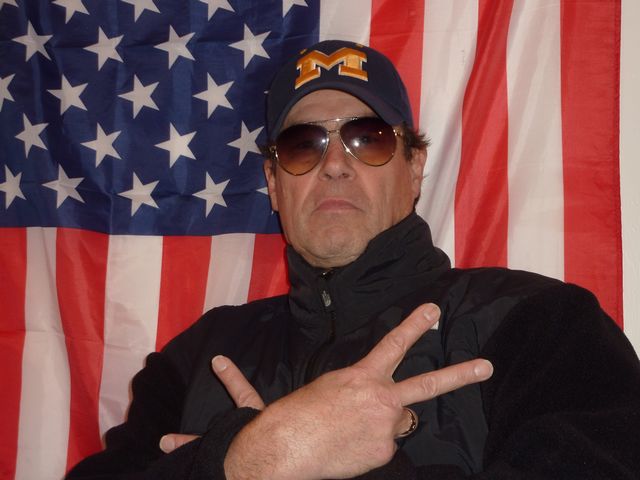Read the student guest opinion on the “Safe Teen Socializing Contract” by Harry Krinski and Charlotte Blanc.
From the moment you were born, we, the parents, have been amazed and somewhat terrified. Our purpose is to help you be the ‘best’ person, (happy, healthy, (w)holy) you can be, doing everything we can to ‘make it so,’ realizing, we cannot ‘make it so’ on our own,; there are too many other factors. Our mission is to get you safely and capably through high school, college, and maybe grad school, without you getting killed, or damaged for life.
Whether you realize it, accept it, or not, you are the most important person in most of our lives: Genetically, biologically, psychologically, socially, emotionally, spiritually and personally. End of story! No contest!
We have been around; we have known about tragedies with friends and loved ones. We do not want it to happen to you.
Our job is to protect you, and we know your job is to grow, learn, and be happy. We all learn by doing. Doing involves taking risks, and sometimes failing. Getting hurt happens. You will have broken hearts (sorry about that,) broken bones, be left out sometimes and sometimes have broken dreams. It happens. Just do not get killed, or damaged for life. Okay?
Now to address the Parent’s Association agreement: I will focus on what might not have been explicit. A dialogue about safety started with a couple folks a couple years ago. It is meant to build a parent community to fulfill our shared purpose. I will now go through the contract and clarify what went into making these points.
1. We did not buy the, “It’s safer for kids to be drinking in my house” idea. In addition to the negatives listed in the agreement, as adults we are the ‘hosts,’ and are legally liable for letting underage people ‘use’ in our houses.
2. In reference to the section on restricting access to meds/alcohol at home, it’s a pain to do. I may trust my kids and their friends, but when kids you don’t know are over: “Better to be safe than sorry.” There are some stupid kids out there.
3. We want parents to talk to each other and call with questions: How do you view drinking and drug use? Is my kid even invited? Are you going to be there and around? Could you use help supervising?
4. Regarding our need to call other parents: Duuh? “About your daughter’s party all next week? Oh, you’re in Paris next week? Do you have good insurance?”
5. Seeing our kid about to DUI: Duuh!! Think! Don’t be stupid, and if you do something dumb, don’t be stupid about how you do it! If you or your friends don’t follow these rules, I want my friends/fellow parents to handle it.
6. I want to know if a friend sees my kid messed up, and where to find him or her. If they do not let me know, they are not being a good friend to me, or my child. If it is a judgment call, let me make it. It is my child.
7. We want open, honest, full communication with the other parents in the parent community. (We want it with you as well, but we are realists.) We do not want any relations put at risk. That is why it is confidential. If another parent overhears something important, or even a rumor, say a party at my house, while I’ll be gone, I want to know and I think it is their responsibility to tell me, there is a lot at stake, but, I don’t want their kid blamed.
This is all just my opinion, talk to your parents about it, but: “It is not us versus you. It is just us. All of us, kids, parents, the school, the school community and even the broader community. We all have a responsibility and accountability to take care of each other. In this case it really does “take a village.”
We, you, parents, the school, share the same goals — for you to be happy, healthy and prepared for life, long term, (it comes at you fast), and I hope we share a common purpose, to do everything we can to help.
“Live long and prosper.”

